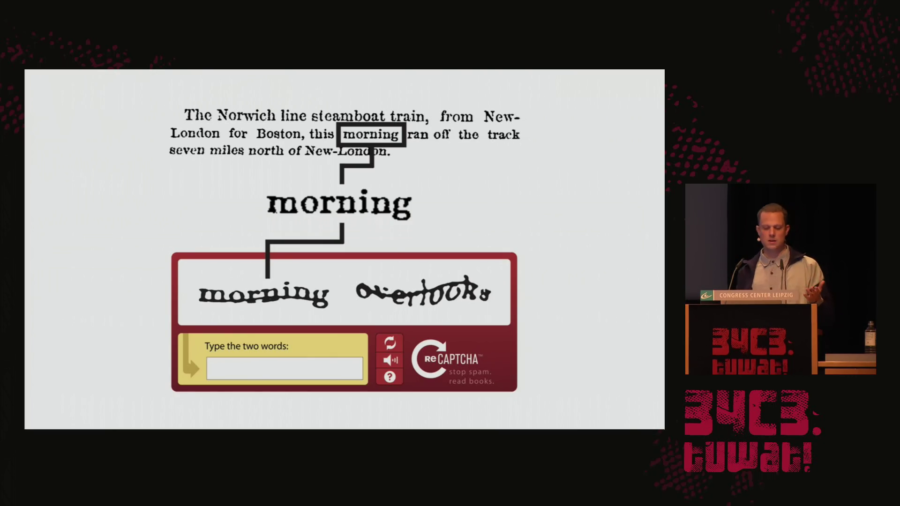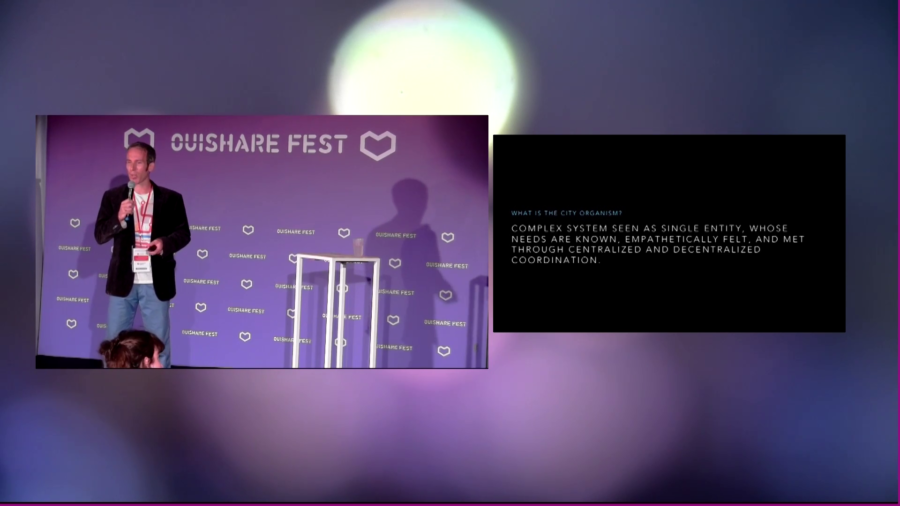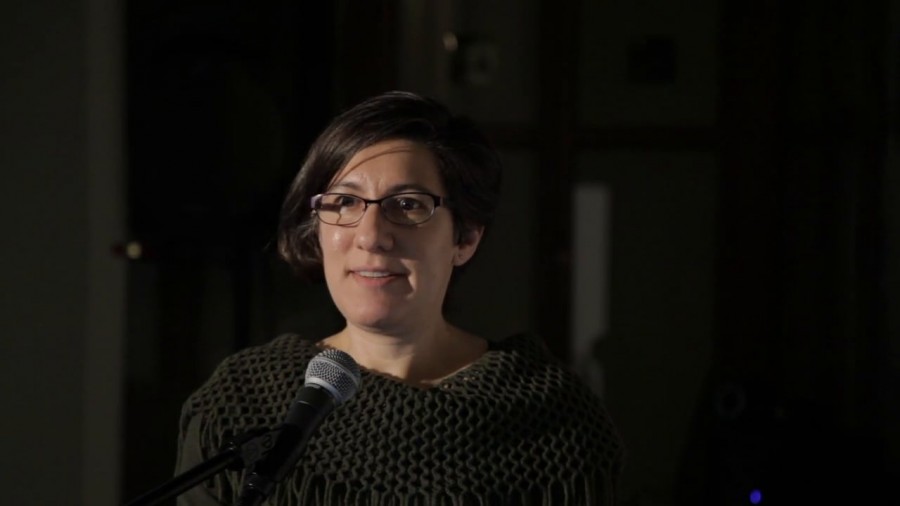What is this condition? I would summarize it as people extending computational systems by offering their bodies, their senses, and their cognition. And specifically, bodies and minds that can be easily plugged in and later easily be discarded. So bodies and minds algorithmically managed and under the permanent pressure of constant availability, efficiency, and perpetual self-optimization.
Archive
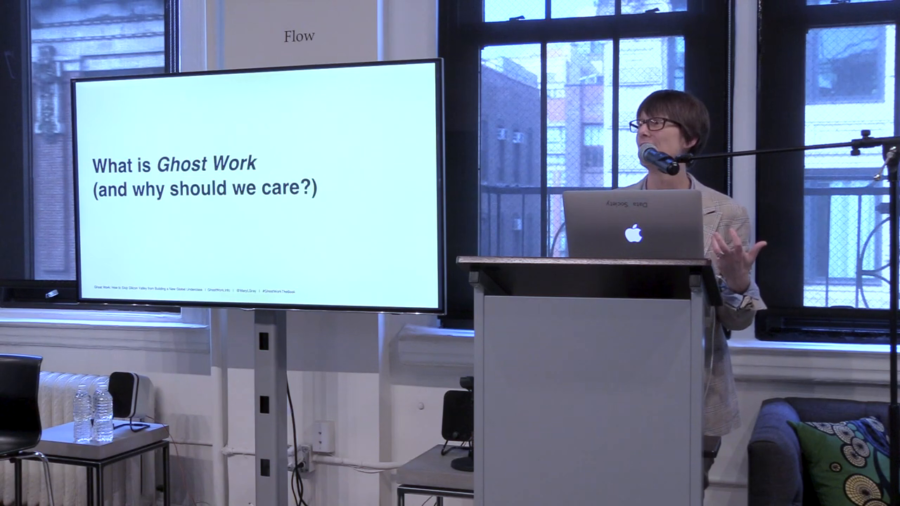
I’m just going to say it, I would like to completely blow up employment classification as we know it. I do not think that defining full-time work as the place where you get benefits, and part-time work as the place where you have to fight to get a full-time job, is an appropriate way of addressing this labor market.
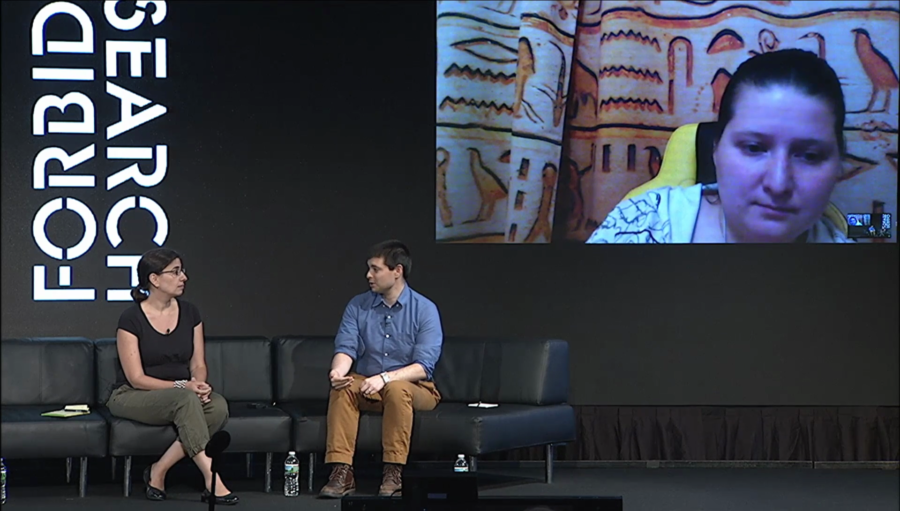
Quite often when we’re asking these difficult questions we’re asking about questions where we might not even know how to ask where the line is. But in other cases, when researchers work to advance public knowledge, even on uncontroversial topics, we can still find ourselves forbidden from doing the research or disseminating the research.
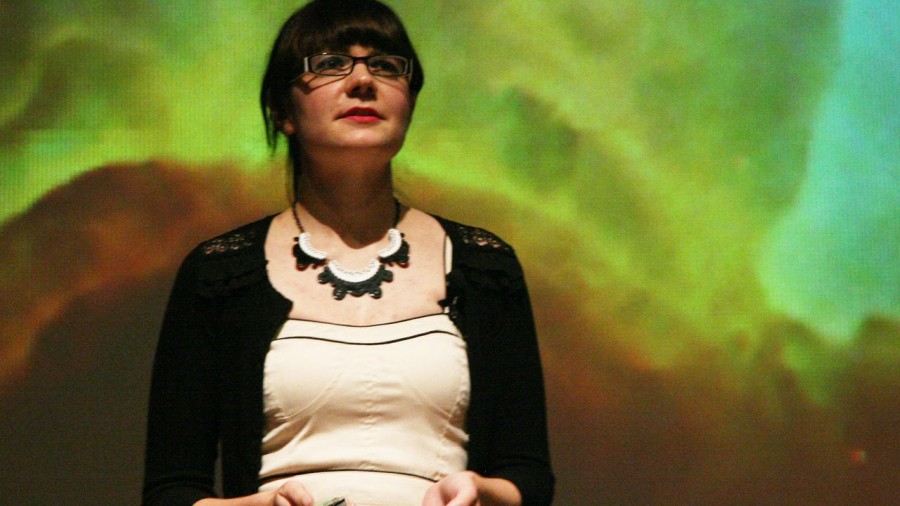
Hacking science and space exploration isn’t just about getting excited and making things. But it’s about getting excited and making disruptively accessible things. Things that really disrupt the current state of science and a lot of the elitism around it, and truly make it accessible for everyone.
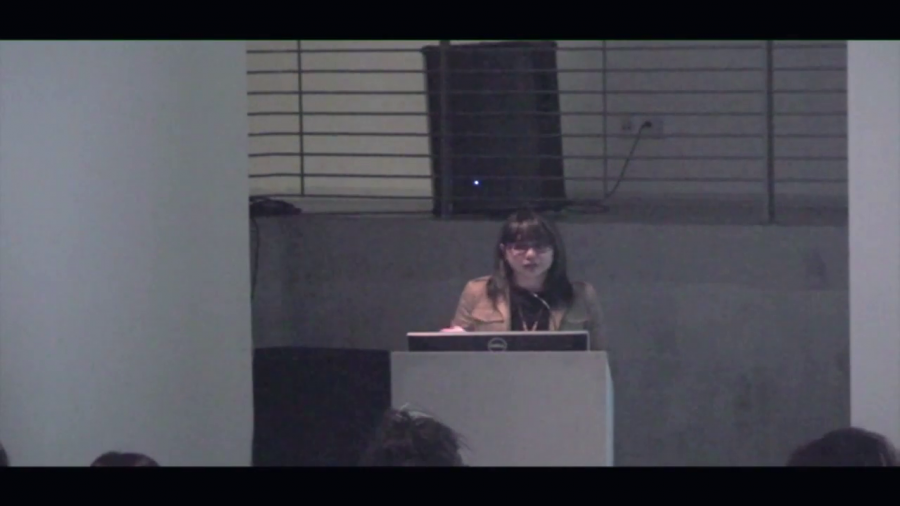
When we think about network graphs and we talk about how the network effects that make up an important part of how social movements and how information is distributed online, there’s this assumption in those visualizations that every node in that network is equal. But very often, and you can slice data in many different way, the languages that we speak actually limit the networks that we have access to and that we’re interacting with.
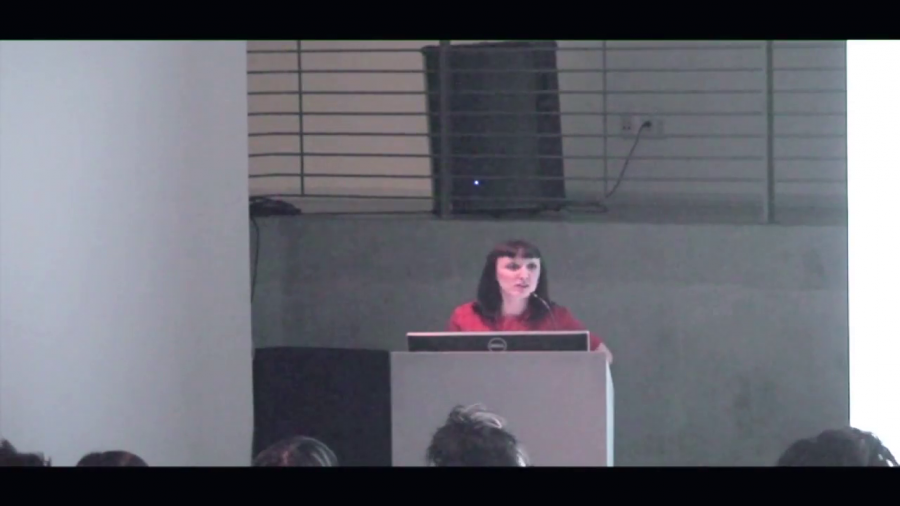
What I’m arguing primarily today is that focusing on pedagogy is a key aspect of social justice work, and that teaching critical data literacy along with other digital literacy skills is a key part of what we need to do.
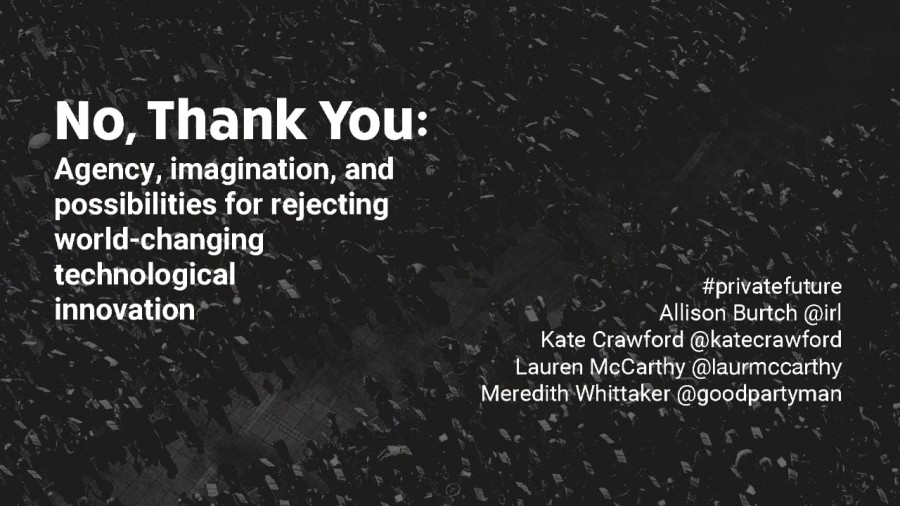
We’re trying to say it’s on you, it’s your responsibility, figure this out, download this, understand end-to-end encryption, when it’s a shared problem and it’s a communal problem.

